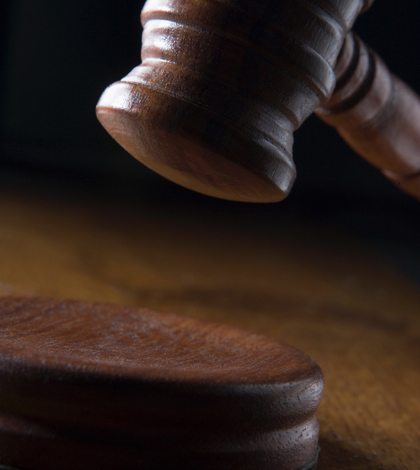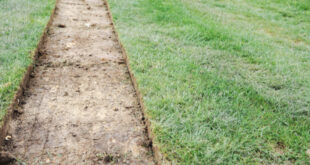Judge William Q. Hayes of the United States District Court, Southern District of California, ruled earlier this week in favor of the city of San Diego and thereby defeating Monsanto Company’s motion to dismiss the city’s lawsuit alleging Monsanto’s polychlorinated biphenyl (PCB) contamination of the city’s stormwater system. Monsanto — a global, modern agriculture company — is a Fortune 500 company with facilities in 69 countries.
“We are incredibly pleased with this ruling which clearly and definitively states that the City of San Diego is moving towards trial to hold Monsanto responsible for polluting the City’s stormwater system,” said John Fiske of Baron & Budd, an attorney for the firm representing the city in the lawsuit. “Monsanto has refused to do the right thing for decades, and now it’s time for a jury to decide what’s just.”
The lawsuit was originally filed in March 2015 by the San Diego Unified Port District and City of San Diego v. Monsanto Company, et al., Case No. 3:2015cv00578. The city filed a separate, amended complaint on August 3, 2015, and filed a second amended complaint on November 28, 2016. The Court’s ruling defeats Monsanto’s motion to dismiss the city’s second amended complaint.
Judge Hayes ruled that the city provided sufficient facts to support its allegations that the city’s stormwater system was affected by the presence of PCBs produced by Monsanto. The motion to dismiss also noted that the city has alleged sufficient facts to support its claim that the PCB contamination has created a public nuisance, and that the filing was not impacted by any applicable statutes of limitations.
Polychlorinated biphenyl is an organic chlorine compound. Because of the compound’s environmental toxicity and classification as a persistent organic pollutant, PCB production has been banned by the United States Congress since 1979 and by the Stockholm Convention on Persistent Organic Pollutants in 2001. The U.S. Environmental Protection Agency (EPA) has found that PCBs cause cancer in animals and are probable human carcinogens. Many waterways and potentially water systems are contaminated with PCBs.
Monsanto was the sole U.S. manufacturer of PCBs from the 1930s to the 1970s when Congress banned the manufacture of PCB-containing products. Monsanto’s PCBs cannot be contained to their original application, remain in the environment and have been deemed toxic. The chemicals are carcinogenic and can contaminate food supplies.
Some fish in San Diego Bay have allegedly been contaminated. The State of California’s Office of Environmental Health Hazard Assessment (EHHA) issued a consumption advisory for San Diego Bay, recommending that residents avoid eating shiner perch and topsmelt caught in the Bay. Further the EHHA recommends that children and women of childbearing age should also avoid eating any barred sand bass, spotted sand bass, yellowfin croaker, leopard shark, and gray smoothhound shark caught in San Diego Bay.
The San Diego lawsuit alleges PCBs manufactured by Monsanto have contaminated the city’s stormwater system, causing a public a nuisance to the stormwater system and the dry-weather runoff management system, as well as to San Diego Bay. Due to the extent of Monsanto’s PCB contamination, the city of San Diego anticipates spending millions of dollars to retrofit its stormwater and dry-weather runoff management systems to reduce, remove and manage PCB contamination.
In addition to representation by Baron & Budd, P.C., the city of San Diego is also represented by Gomez Trial Attorneys of San Diego. The firms also represent the State of Washington, the Port of Portland and the cities of Long Beach, San Jose, Berkeley, Oakland, Portland, Seattle, and Spokane in litigation against Monsanto regarding PCB contamination of water supplies.
 California Water News Daily Your Source For Water News in California
California Water News Daily Your Source For Water News in California


